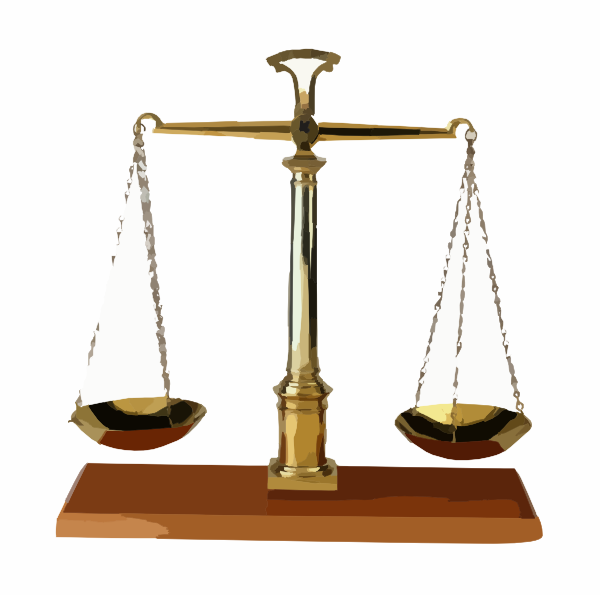How it works. A step-by-step summary of the procedure.
1. You contact us and file a claim
|
Once you are ready to file a claim, you contact us and give us the very basic details of the case.
This information ideally includes the email address of the other party. Furthermore, you should indicate whether the party has already agreed in principle to arbitration by us or whether you wish that we contact them and inquire. You do not have to be the claimant in the case. Also defendants may want to initiate the arbitration procedure. There will be no prejudice based on who initiates the arbitration. Please note that your description of the case does not constitute evidence. The first contact serves only the purpose of arranging the logistics and delimiting the scope of the case. Most importantly, this step is FREE. |
2. Both parties enter the arbitration agreement and pay the fees
|
Once the other party has agreed to the arbitration, we will contact you immediately and notify you. We will then assign an arbitrator or a panel of arbitrators (depending on the wish of the parties*) qualified to hear your case.
Furthermore, both parties sign a contract with Anywhere Arbitration. We will only charge you at this point, that is, when you can be sure that the process will proceed. We charge €115 / USD 125 per case and party (plus applicable VAT/sales tax) once both parties agreed to the arbitration. If the case is heard in front of a panel of three arbitrators (which is only mandatory - and recommended - for claims exceeding €20.000 / USD 26.000), then we charge three times the amount. No hidden fees. No surprises. * Panels are mandatory for claims exceeding €20.000 / USD 26.000. |
3. The parties exchange statements and supporting documents
|
The arbitration is now good to go.
Both parties are asked to present their case in an email, starting with the claimant. After those initial statements, the arbitrator(s) can ask for additional information. This process of gathering testimonies and evidence takes place exclusively online. Upon addition of new evidence, parties can ask questions; the equivalent of cross-examination in courts. |
4. The arbitrator makes a ruling
|
After all evidence (and testimonies) has been produced, the arbitrator(s) will review it and make a ruling*.
The ruling consists of a final decision (award) and the reasoning of the tribunal. We guarantee that the ruling will be made within one week after the exchange of all statements and documents. By law, this award will be enforceable in 149 countries and territories. For a full list of signatories of the Convention, click here. It cannot be appealed on substantial grounds. * If the case is heard in front of a panel of arbitrators, then the ruling has to be endorsed by the majority of arbitrators. |
Do you have any questions? Send us an e-mail: [email protected]
Anywhere Arbitration also offers its services to institutions and organizations. If you want an efficient dispute resolution system in your organization, we can provide it. Please note that for reasons of impartiality and conflicts of interest, the organization itself cannot be a party (claimant or defendant) in the proceedings.
For further information, please go to our page for institutional clients.
For further information, please go to our page for institutional clients.



